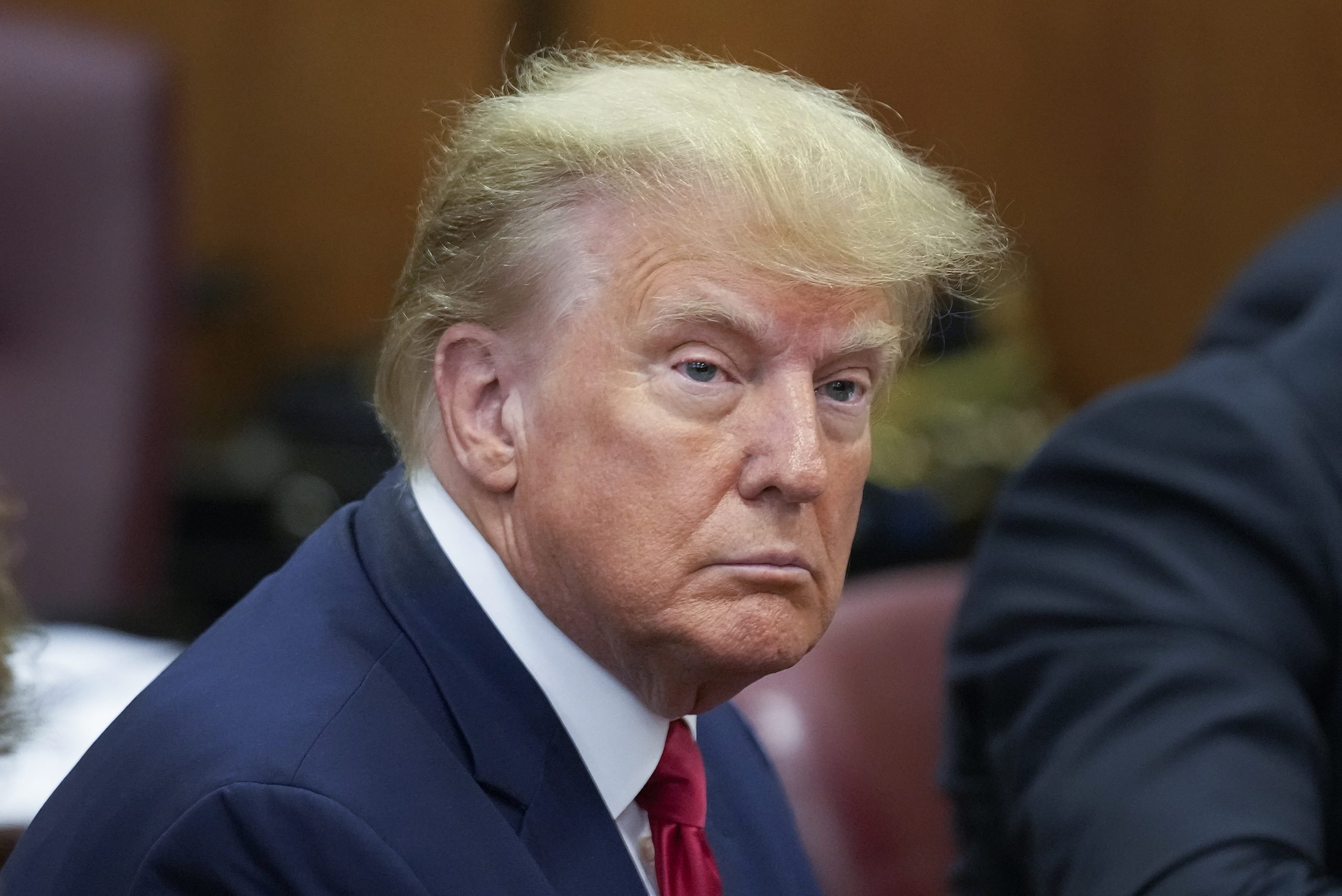
The federal appeals court ruled Wednesday that the Trump administration cannot terminate the birthright citizenship of certain immigrant children at least for now. The 9th Circuit Court of Appeals rejected the Justice Department's urgent request to cancel a previous court ruling to block Trump's executive order. The court's ruling means that children born on U.S. soil will continue to gain automatic citizenship regardless of their parents' immigration status, while legal struggles continue. The case is becoming a major battle against immigration policy in the Supreme Court. For more than 150 years, citizenship of the right to birth is protected under the Fourteenth Amendment (Fourth Amendment), which guarantees our citizenship to anyone born in the country. Trump's executive order is intended to change this situation and prevent citizens from citizenship in undocumented immigrants and children of certain temporary visa holders. The Justice Department defended Trump's order, calling it “an integral part” of a bigger effort to reshape immigration policy – Mexico border. But opponents say the move violates constitutional protection and exceeds the president's authority. “It’s not a case about ‘immigration’,” wrote the attorney general of four states led by Washington state in his lawsuit. “With civil rights, the Fourteenth Amendment and federal regulations are intended to be explicitly placed outside the powers that the president has the right to be conditional or deny.” The third panel of judges at the 9th Circuit includes Trump, Jimmy Carter and George W. Bush appointed judge. Their ruling is clear: the government has not proven that it may win the case with its legal merits. Danielle Forrest, who was appointed by Trump, wrote separately that the case should not be sought in a hurry. She argued that the government failed to indicate a “state of emergency” that requires immediate action. “Identifying important substantive issues in the week’s notice has put our usual decision-making process on the head,” she wrote. “Unless the circumstances require that we must do this task, we should not undertake it. The case will be fully debated in June, the first major appeals court ruling on Trump’s policy on citizenship with the right to birth. . However, given the high stakes, the Supreme Court may eventually decide the issue. Now, citizenship of the right to birth is still intact, but the battle is far from it. The latest post sent to your email.
Source link


